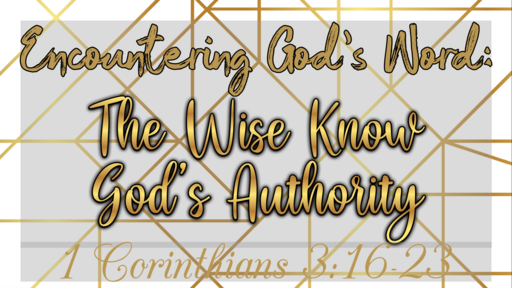Learning to Live With Amazing Grace

Amazing Grace
Grace is God’s Love
Sacrifice is the Law
Atonement: Atone=“At one”
Day of Atonement
The Day of Atonement (Lev 16) was a more complex ceremony involving special priestly garments, five sacrificial animals (one bull, two goats, and two rams), incense, and the purification of the holy place. After the bull had been killed to atone for the sins of the priest, lots were cast over the two goats. One of the goats was killed and its blood used to purify the holy place; the people’s sins would be confessed over the other—the scapegoat—which was then released into the wilderness to carry away that sin. The two rams were then presented as a guilt offering for the priest and the people, and the fat of the bull and the slain goat was burned on the altar to conclude the ceremony.
The elaborate nature and blood sacrifice of these ceremonies attest the gravity with which the Old Testament views sin. The people’s participation in the ceremonies speaks to the dynamic, covenantal relationship between God and Israel.
